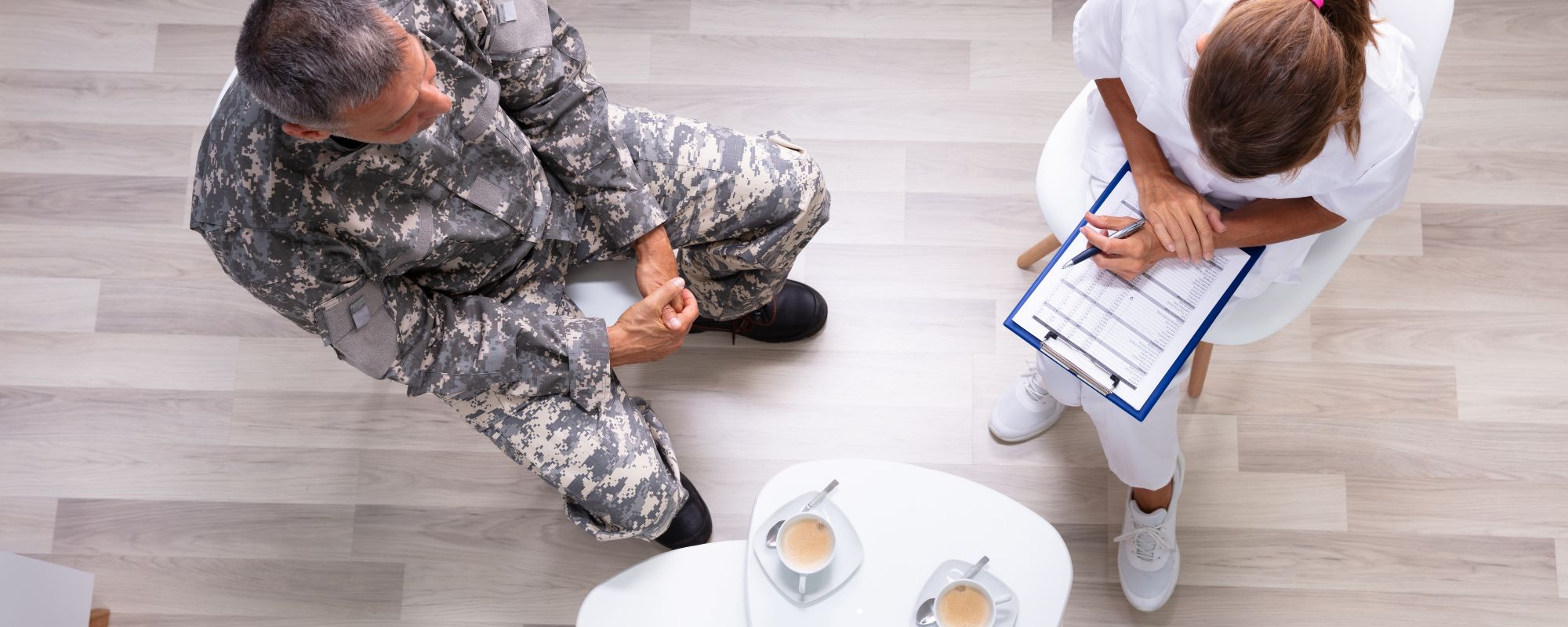Can exercise help keep you sober? The honest answer is, we don’t know, but it looks like it helps. Exercise and a better diet help just about every part of your physical body. Exercise helps elevate and regulate your mood. We also know it’s a wellness therapy or practice with very little downside or side effects.
How Does Exercise Help?
During detox especially, people are experiencing depression, anxiety, lethargy, muscle ache and tension. Exercise can help alleviate all of those symptoms. In fact, exercise and movement may be the only thing that will help with muscle aches and tension. Exercise has been found in multiple studies to reduce stress, anxiety, and depression,— especially when combined with other therapies.
There are a few studies that show that regular exercise like swimming can reduce the voluntary consumption of morphine or cocaine in animal studies. This means that when researchers studied rats that were addicted to morphine (opiates/opioids) or cocaine and they introduced exercise activities to the rats, the rats consumed less drugs. Why they consumed less is unknown.
Exercise may have beneficial effects by addressing psychosocial and physiological needs that standard SUD therapies alone do not. How? By reducing negative feelings and stress, and by helping prevent weight gain following cessation.
There are small studies on humans who were in very early recovery who were part of a treatment program that included regular group exercise three times per week. This weekly exercise program lasted from two to six months. When interviewed a year later, more than 20% were totally abstinent and 50% were using less drugs and alcohol. There are several studies that show exercise reduces cravings and urges, as well as reducing overall anxiety in humans who are recovering from alcohol, nicotine and cannabis. It should be noted that regular exercise in these studies is voluntary and that it’s believed that forced exercise will have the opposite effect.
Why Does Exercise Help?
Why does exercise work? Many clinicians believe it may be distraction. For a set period of time every day the person has a positive activity that they must concentrate on. The client will be distracted from his cravings which can be a lifesaver in early recovery. If Bob exercises for 90 minutes every day, he has to spend 30 minutes getting ready or driving to the gym, 90 minutes exercising and another 30 minutes showering and driving home. Bob has no negativity and stress for two and a half hours. Bob may spend another 30-60 minutes a day thinking about how to improve his performance or what to wear or about the people he met.
There’s also the social aspect of exercise. Most people will be going to a gym in their neighborhood. They will have to meet, interact and socialize with people. They will have to get out of the house and stop isolating. They will get feedback on their progress from fellow gym members. The structure of having an activity that can be done every day and at the same time with the same people can add some purpose or duty to a newly sober person’s life. The regularity of a positive daily activity can also be comforting to people. Exercising can help become part of a structured routine.
Why do most people exercise in the first place? They want to feel better, look better and be healthier. Many people gain unwanted weight when they finally get sober. When you get sober, you’re an emotional mess, so how you look outwardly can be very important to people. People think to themselves “ I’m a hot mess right now I’m going through all these emotions, at the very least I want to look better than I feel right now”.
In my years of sobriety, I have steadily lost about 85 pounds. When I got sober my first year was filled with emotional ups and downs and three heart attacks. Along with the changes sobriety brings to the table— like emotional well-being, serenity and some peace,- I got a home group, two stents and a cardiologist. The cardiologist suggested a change in diet and careful exercise. The diet was easy, the exercise was not. But I can say I exercise more than I did 10 years ago. I look better, look younger than my peers, feel better, and work full time. Something I could not do while using.
I’m not a clinician or a doctor but it seems to me there are some things that will help and cannot possibly hurt. Regular exercise, especially in a group seems to help people stay sober. Whether you’re doing the calculation in your head that another cocktail is another hour on the exercise bike, or that if you stay sober, you’re more likely to go to the gym and see your friends and that really hot trainer. Whatever your reason, just go and do it. It just may keep you sober too.
Reach Out
If you or someone you know is struggling with a substance use disorder, please reach out to our addiction specialists at 877-RECOVERY or 877-732-6837. Our team of specialists are available 24 hours a day, 7 days a week. Because We Care.












